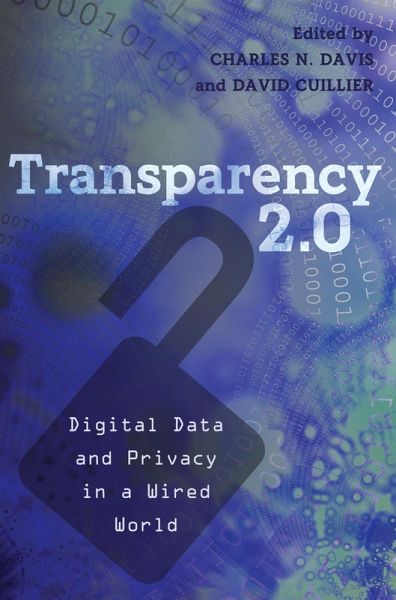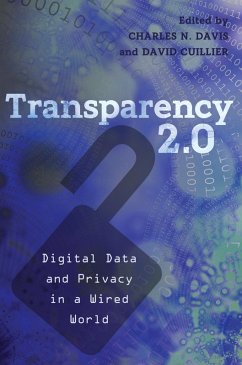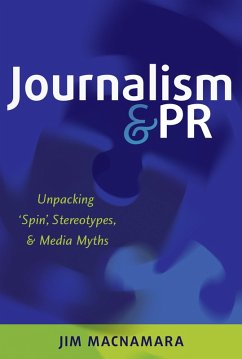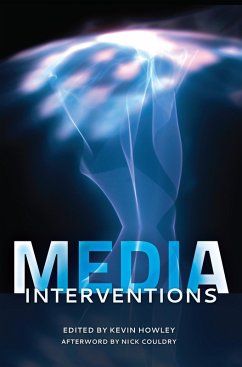
Transparency 2.0 (eBook, PDF)
Digital Data and Privacy in a Wired World
Versandkostenfrei!
Sofort per Download lieferbar
Statt: 44,25 €**
38,95 €
inkl. MwSt.
**Preis der gedruckten Ausgabe (Broschiertes Buch)
Alle Infos zum eBook verschenkenWeitere Ausgaben:

PAYBACK Punkte
19 °P sammeln!
Transparency 2.0 investigates a host of emerging issues around the collision of information and personal privacy in a digital world. Delving into the key legal concepts of information access and privacy, such as practical obscurity, the U.S. Supreme Court's central purpose test, and Europe's emerging concept of the «right to be forgotten», contributors examine issues regarding online access to court records, social media, access to email, and complications from massive government data dumps by Wikileaks, Edward Snowden, and others. They offer solutions to resolving conflict and look to the f...
Transparency 2.0 investigates a host of emerging issues around the collision of information and personal privacy in a digital world. Delving into the key legal concepts of information access and privacy, such as practical obscurity, the U.S. Supreme Court's central purpose test, and Europe's
emerging concept of the «right to be forgotten», contributors examine issues regarding online access to court records, social media, access to email, and complications from massive government data dumps by Wikileaks, Edward Snowden, and others. They offer solutions to resolving conflict and look to the future as a new generation learns to live in an open digital world where the line between information and privacy blurs ever faster. This book is ideal for anyone interested in the legal battlefield over access and privacy, as well as for classes in the law of the media and First Amendment, privacy, journalism, and public affairs.
emerging concept of the «right to be forgotten», contributors examine issues regarding online access to court records, social media, access to email, and complications from massive government data dumps by Wikileaks, Edward Snowden, and others. They offer solutions to resolving conflict and look to the future as a new generation learns to live in an open digital world where the line between information and privacy blurs ever faster. This book is ideal for anyone interested in the legal battlefield over access and privacy, as well as for classes in the law of the media and First Amendment, privacy, journalism, and public affairs.
Dieser Download kann aus rechtlichen Gründen nur mit Rechnungsadresse in A, D ausgeliefert werden.













